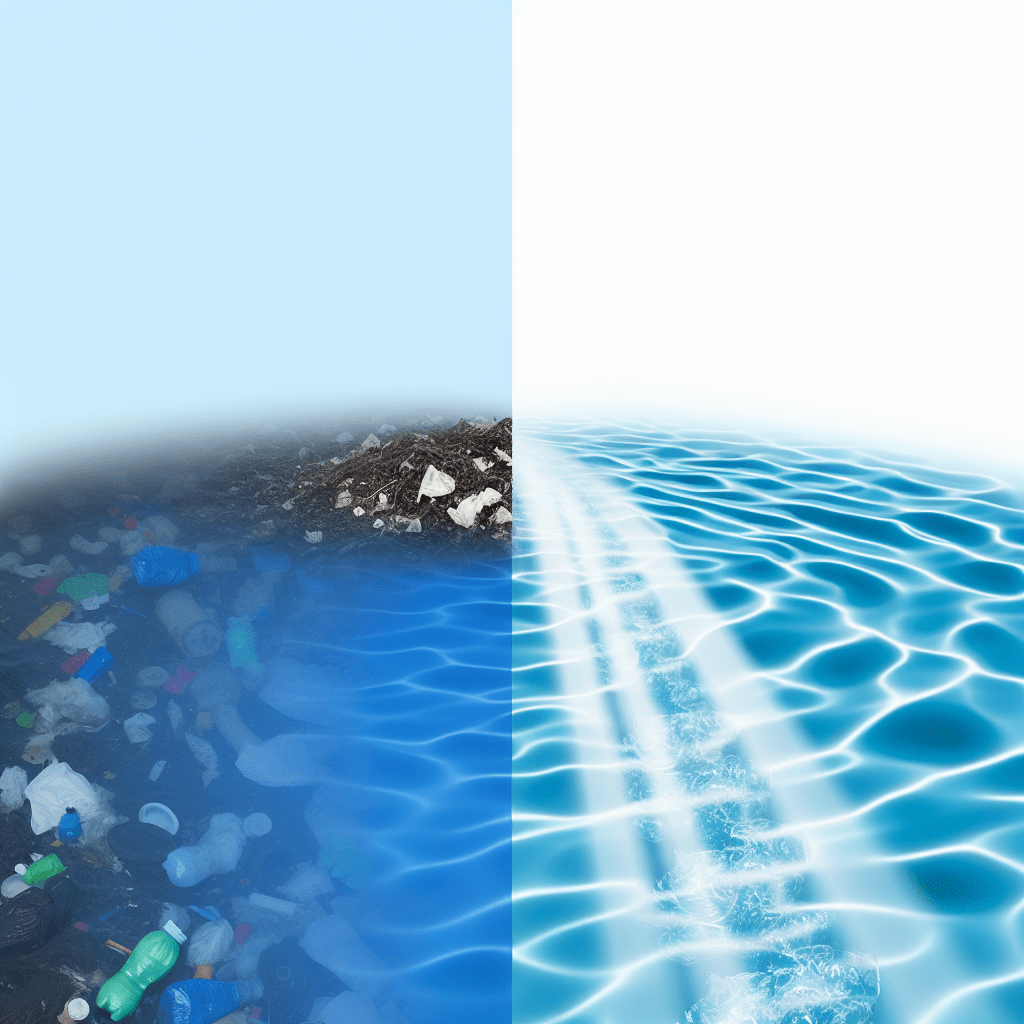”
Despite the vast expanse of its rivers and lakes, Russia grapples with severe water quality issues. This article illuminates these challenges, their origins, and presents potential solutions for cleaner, safer water.
Water quality problems in Russia trace their roots to industrial pollution, agricultural runoff, inadequate wastewater treatment facilities, and the worsening impacts of climate change.
Significant pollutants in Russia’s waters range from heavy metals and harmful chemicals from industrial effluents to untreated sewage and excess nutrients that cause harmful algal blooms. These contaminants pose severe health risks, disturb complex aquatic ecosystems, and place undue pressure on the country’s water treatment infrastructure.
While Russia’s Federal Law “On Environmental Protection” and “Water Code” provide a regulatory framework, enduring water quality issues underscore the need for a more integrated and sustainable approach.
Addressing Russia’s water quality entails the enforcement of stricter pollutant controls, substantial investment in wastewater treatment infrastructure upgrades, promotion of sustainable farming practices, and the development of climate-resilient water management strategies.
Moreover, public education and awareness play a critical role in water quality improvements. Nationwide campaigns promoting water conservation, discouraging pollution, and raising awareness about the importance of clean water can influence social attitudes and behaviors.
In conclusion, improving water quality in Russia might be a considerable challenge, yet it is a challenge that can be overcome. By solidifying regulatory policy, harnessing technological advances, and fostering public commitment, Russia can transition from tainted rivers towards pristine and safe water resources.
By FountainGO!

